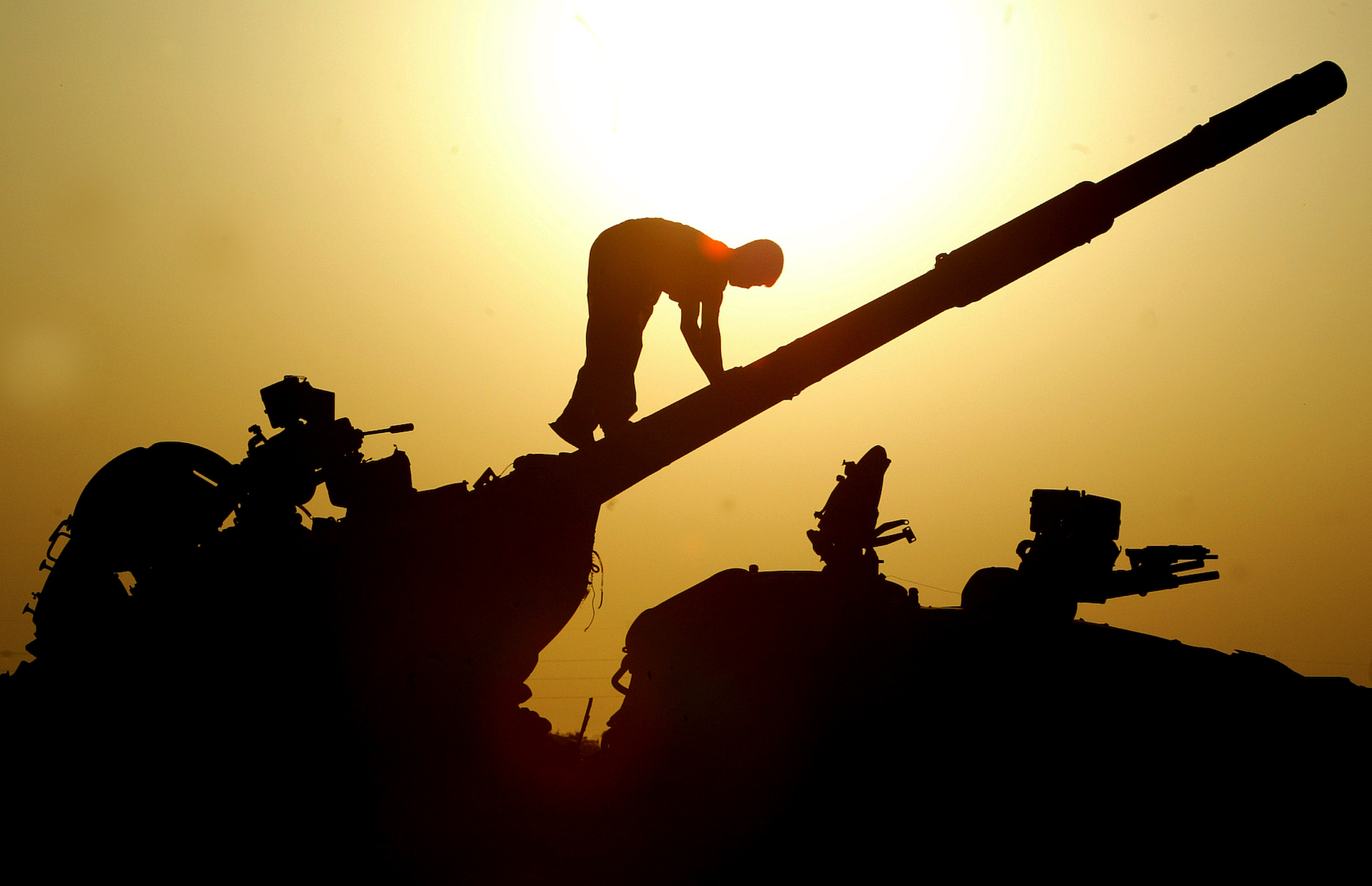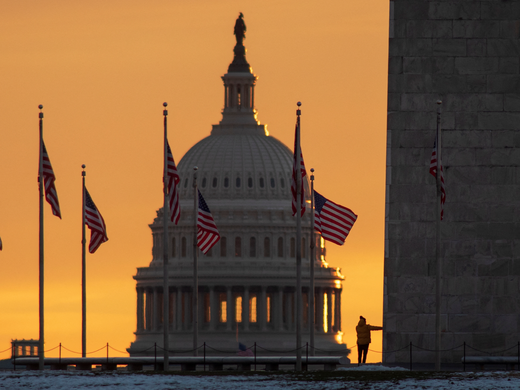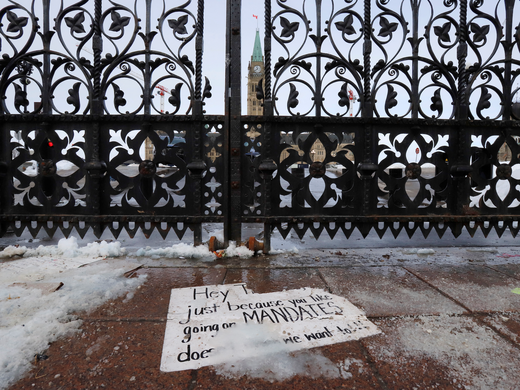For globalization to survive the war in Ukraine, the United States must do better and be better. It is unclear whether the world’s greatest democracy has the wherewithal to manage this.
Unfair? It may seem so. US President Joseph Biden has done a creditable job of rallying the West to Ukraine’s side as it battles a brutal Russian invasion. By going public early and often with good US intelligence, Biden has kept ahead of clumsy Russian propaganda and disinformation. The feared devastating cyber strikes against the West have not (yet) materialized, reportedly thanks to pre-emptive work by US security services. It’s leadership the likes of which we’ve not seen from Washington, DC, in recent memory.
And that’s the problem. Biden has a steady hand now. For how long? How long until Washington’s next hugely damaging strategic mistake? For the present moment did not rise from nowhere, out of the suddenly maniacal, mass-homicidal mind of Russian President Vladimir Putin. He has been this way for some time, and this war has had two decades of runway. At critical junctures, the United States either vastly overplayed or underplayed its hand.
Recall that in the days after the September 11, 2001, attacks on the World Trade Center and the Pentagon, thousands of Canadians gathered on Parliament Hill to cement their kinship with Americans. Similar scenes took place worldwide. Not long after, a coalition of more than 40 countries joined the North Atlantic Treaty Organization’s effort in Afghanistan, vowing to bring security and prosperity to a country shattered by 30 years of war.
But there is, of course, neither security nor prosperity today in Afghanistan. The last American soldier departed last year in a rout. Afghan women and girls, whose education NATO soldiers championed, are on their own. So are the many thousands of other Afghans — journalists, interpreters, fixers, officials of civil society — who believed Western promises.
And even as the United States and NATO were making those solemn pledges to the Afghan people, the US security establishment, led by President George W. Bush, was rushing headlong toward a war of choice in Iraq, in 2003. Can anyone fail to see parallels between Putin’s invasion of Ukraine and Bush’s in Iraq two decades earlier? To be sure, Ukraine is a democracy and Saddam Hussein’s Iraq was not. The catastrophe that followed the Iraq war, as the Iraqi state collapsed and the Islamic State began its ascent, was no less horrific for all that.
George W. Bush hoped to seed democracy across the Middle East. Instead, his war set a match to a tinderbox.
George W. Bush hoped to seed democracy across the Middle East. Instead, his war set a match to a tinderbox. A few years later, a different American president coping with the consequences drew a red line for Syrian dictator Bashar al-Assad, forbidding his use of chemical weapons against his own people. Assad, with Russian backing, ignored Barack Obama’s warning, without consequence. America had overreached in Iraq. Now, apparently, it would under-extend in Syria, in the face of atrocities.
Unrelenting regional chaos caused waves of its own — including a flood of irregular migration toward the relative safe haven of Europe. By late 2015, the Syrian refugee crisis was roiling election campaigns in Canada, fuelling Brexit rhetoric in Britain, and serving as fodder for a nativist backlash in the United States. Real estate developer and pageant promoter Donald Trump rode the “fear of the other” to power the following November — with help from Putin’s Russia.
There isn’t room here to catalogue the historic degree of harm done to the United States, to its standing in the world, to NATO, to the global institutions of liberal trade and multilateralism (built with American leadership after 1945) during Trump’s tenure. The fact that declared Republican voters overwhelmingly favour his return to the White House, even after his followers sought to violently overthrow their government in January of 2021, should be shocking and terrifying.
Instead, such is the lassitude caused by frequent exposure to the unthinkable, it’s mostly met with a shrug. More Mussolini than Napoleon, Trump invariably gets in his own way. He and his movement nevertheless represent the greatest risk to American democracy, and thus global democracy, since the Second World War.
This isn’t to say that liberalism, globalized trade and the institutions developed to support them — such as the World Trade Organization and the International Monetary Fund, not to mention the Group of Twenty, the International Criminal Court and the United Nations itself — are doomed. But they are in peril. Russia now seeks to smash the US-led global order. China is watching, learning and biding its time. Anyone who claims to know how it will end is not telling the truth.
The Iraq war was a critical step in the descent to this moment of severe global risk. Any who cheered for it or stood silently by, in the United States and elsewhere, should look hard in the mirror as they celebrate that “America is back.” There can be no wars of choice, if there is to be a global community. That is a lesson of Ukraine, as much as the wickedness of Vladimir Putin.
This piece first appeared in the Chicago Tribune.



